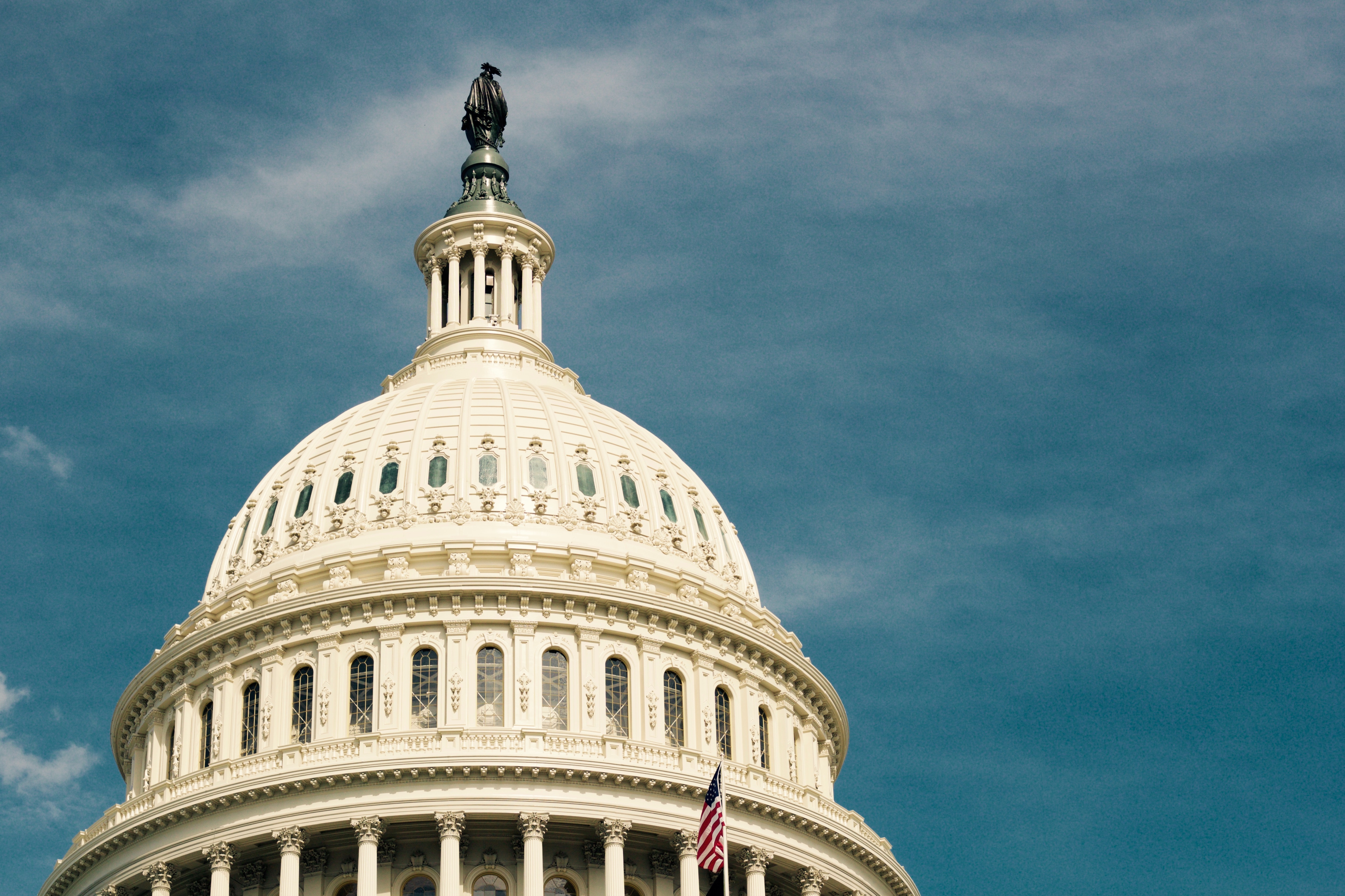Mental Illness, Media, and Politics
Should mentally ill people stay out of and away from politics? Mental illness is an instability in itself, and it is well known that the media tends to cover negative events over positive ones. So is there any hope for mentally ill people to interact in media and politics, or are the stigma and the divide between the mentally ill and the non-mentally ill too great?
Evolutionary scientists point out consistently that human beings developed with a preference for focusing on negative possibilities rather than positive ones. For example, primitive human beings would be likely to focus on what might be under, say, a rock or a stick (a snake?), rather than to focus on what might be in a tree or a bush (a fruit?). This preference for negative possibilities is a survival mechanism, and whether or not the news media consciously knows this, the media does cater to this survivalist instinct.
It is common for mentally ill people to suffer from negative thought patterns in the first place, so should mentally ill people simply not watch the news and not get involved in politics, where the vitriolic heat is so blinding these days it could cause anyone mental fatigue? The answer may not be so simple. It is true that the mentally ill have and need advocates in the public sphere, but the lived presence of mentally ill people may be required to help reduce stigma in general. This is exactly why I, schizoaffective myself, began to write articles on mental illness and how it is seen in society for various publications.
These days, there is some talk that our President, Donald Trump may be suffering from mental illness. Although I am apolitical myself, and generally choose not to take too much of a side in matters of politics, I do believe that these kinds of public discussions, namely that of our President being possibly mentally ill, hinder the progress of abolishing mental illness stigma, rather than help it. What we really need in our current situation is for the successful examples of diagnosed mentally ill people to be showcased in the limelight, otherwise prison could remain the de facto home of mentally ill, as it is now cited by many sources that point out how the dilapidation of mental institutions from the inception to the present has led to the incarceration and improper treatment of the mentally ill.
In this sense, there is no reason why mentally ill people cannot get involved in media and politics and/or activism. And I don’t just mean people suffering from depression/anxiety. Although depression/anxiety is a much more common diagnosis than schizoid-type illnesses, if properly medicated schizoid-types can be seen to be functioning normally within society, we could have a world where the media no longer uses the word “schizophrenic” as an epithet. The word “schizophrenic” could (and should) instead come to denote complexity, interestingness, and strength. There is simply no reason not to bridge the gap between the mentally ill and the non-mentally ill in society, especially in our times when this is so desperately needed.

